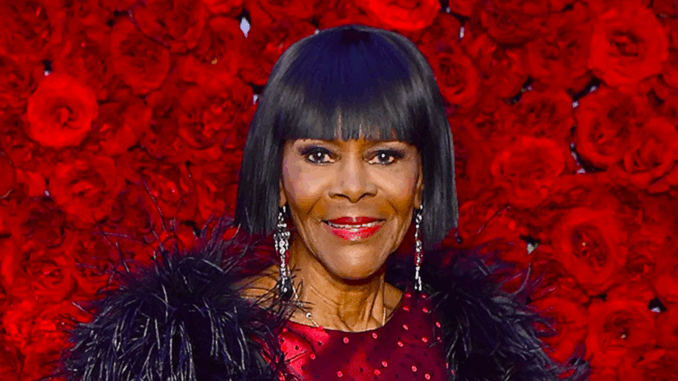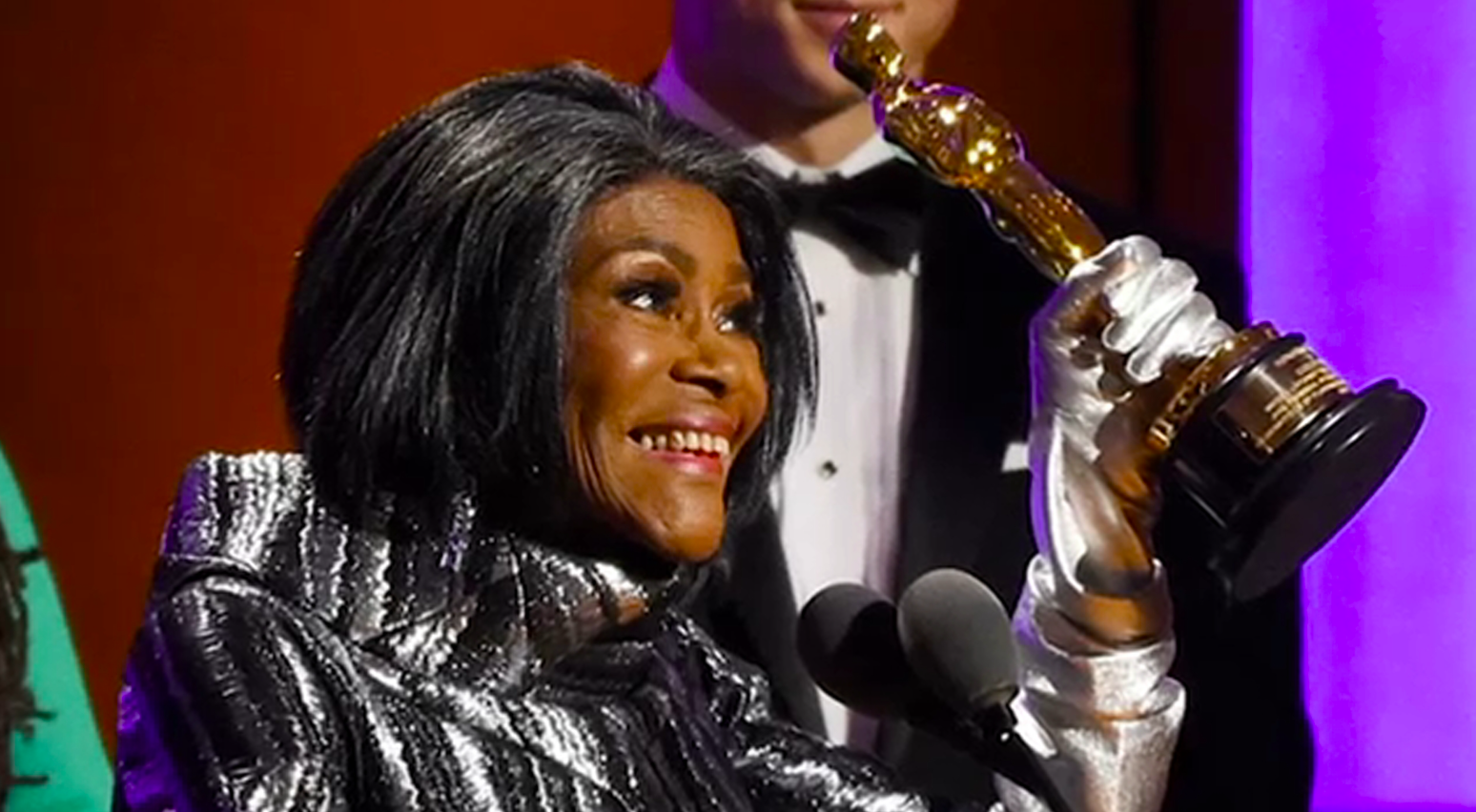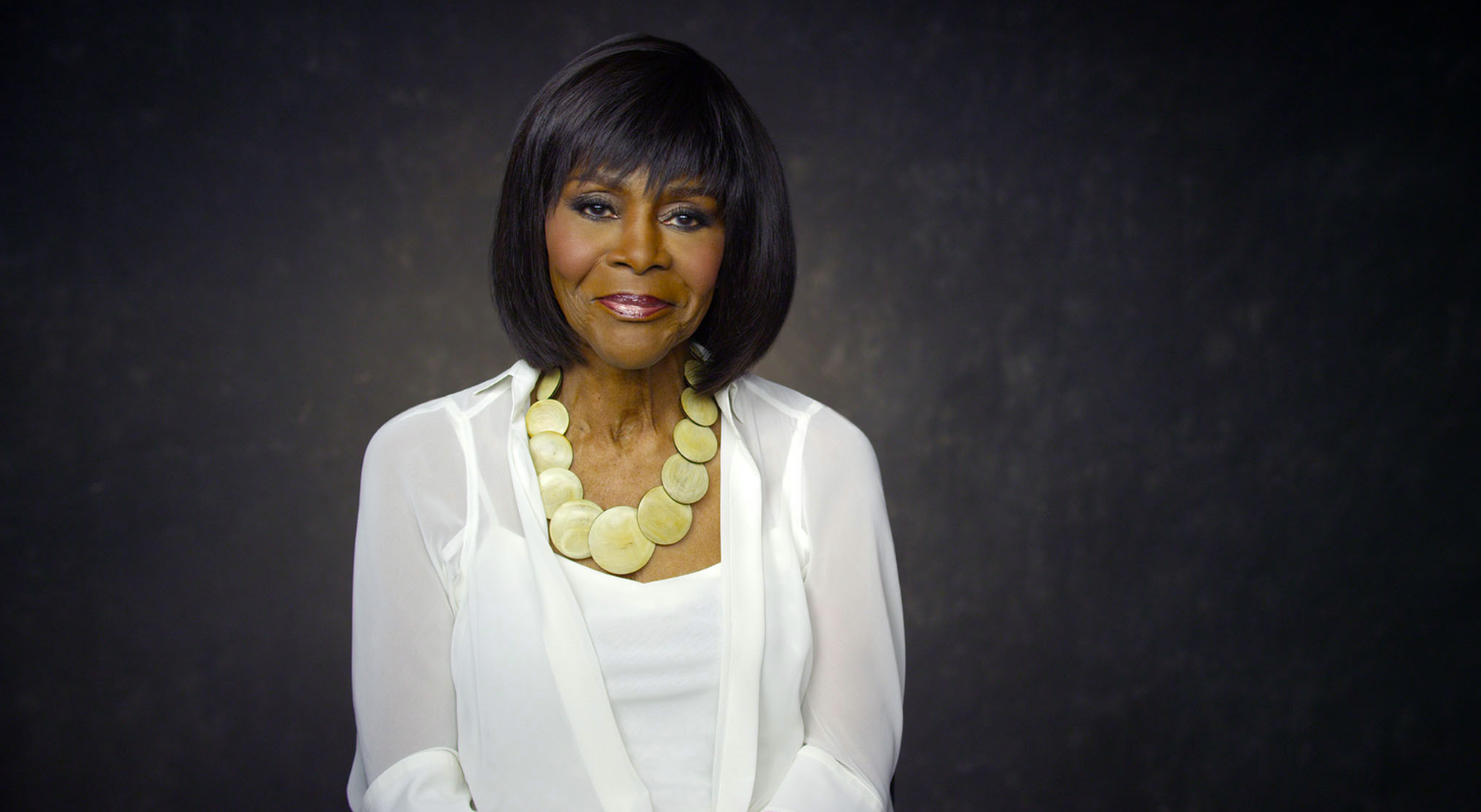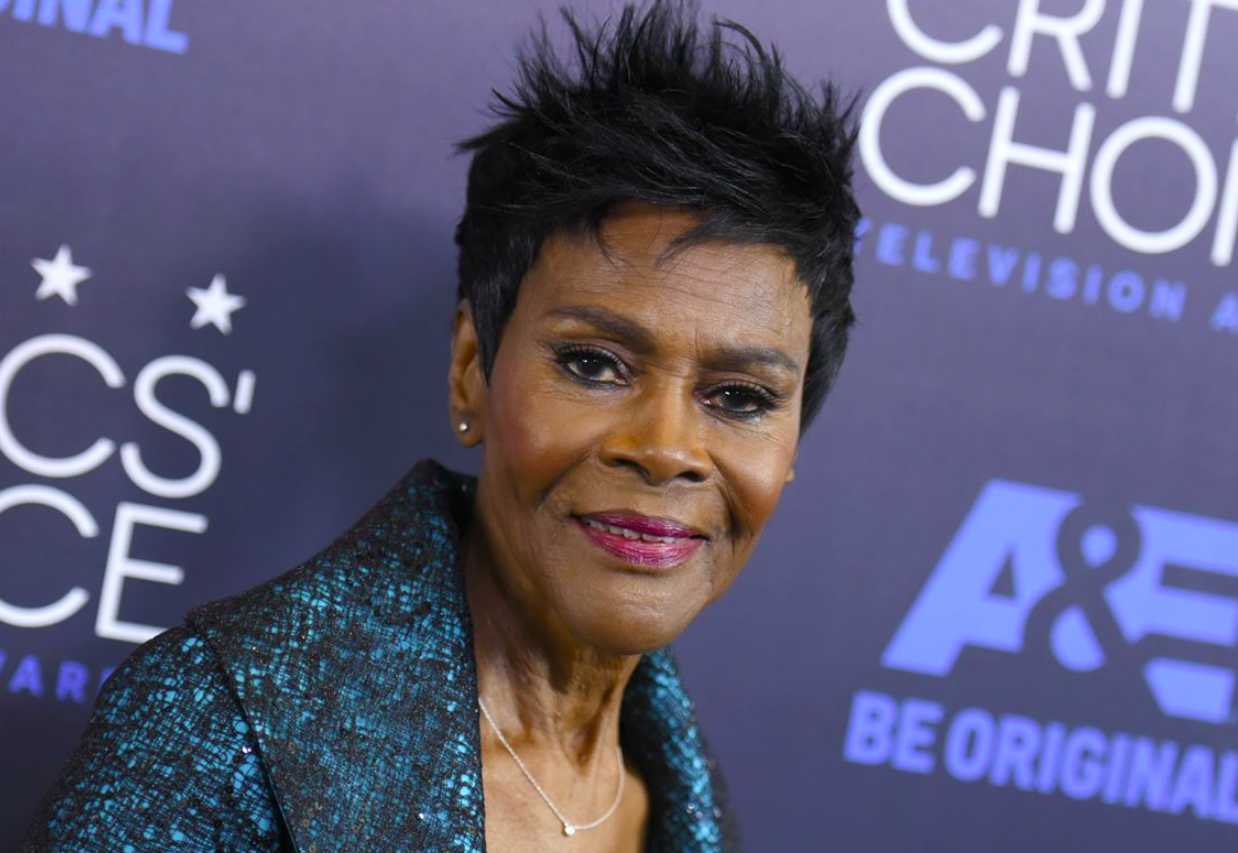
Cicely Tyson
Cicely Tyson was more than an actress — she was a force of nature. With a career spanning more than seven decades, Tyson redefined what it meant to be a Black woman in Hollywood, choosing dignity, depth, and purpose in every role she portrayed. Though best remembered for iconic performances like Sipsey in Fried Green Tomatoes, her legacy extends far beyond a single role. Even in the final years of her life, Tyson remained deeply active in the arts, public service, and education — cementing her status as one of the most important cultural figures of the 20th and 21st centuries.
Contents
Cicely Tyson: The Power of Purpose in Every Role

Cicely Tyson’s commitment to portraying strong, complex Black women never wavered — not even as she entered her 90s. Her performances in her later years were just as commanding as those in her earlier career. Rather than retiring or slowing down, Tyson used her final chapter to mentor, speak, and perform with the same fire and clarity that made her a star decades before.
One of her most acclaimed late-career roles came in How to Get Away with Murder (2015–2020), where she portrayed Ophelia Harkness, the mother of Viola Davis’s character. Tyson brought warmth, sorrow, and fierce strength to the role, earning five Emmy nominations. She held her own in scenes with Davis — herself an Oscar and Emmy winner — proving that age could never dull her emotional power.
This role introduced her to a new generation of viewers, many of whom hadn’t yet seen Fried Green Tomatoes, Sounder, or The Autobiography of Miss Jane Pittman. With grace and quiet defiance, she became a touchstone for resilience — a voice for history, dignity, and maternal wisdom in a time of social reckoning.
A Return to the Stage and Continued Recognition
Cicely Tyson also returned to the stage late in life, delivering a jaw-dropping performance in the 2013 Broadway revival of The Trip to Bountiful. At 88 years old, she won the Tony Award for Best Actress in a Play — her first ever — and became the oldest actress to receive the honor. Her emotional, grounded performance brought critics and audiences to tears, as she portrayed a woman yearning to return to her childhood home.
Tyson often said she turned down roles she felt were demeaning to Black people, even when those parts could have made her rich. Her standards never changed, and that integrity became her signature. When she accepted the Tony, she said, “I have waited 30 years to do this play… and I had to wait until I was 88.”
Her return to the stage wasn’t a final bow — it was a grand encore. She continued to perform on television and in public appearances for years after, always elegant, always principled.
Awards, Honors, and a Presidential Medal
In 2016, President Barack Obama awarded Cicely Tyson the Presidential Medal of Freedom — the highest civilian honor in the United States. In his remarks, Obama noted how she helped reshape the American imagination, portraying characters with “honor, heart, and grit.”
Tyson also received an honorary Academy Award in 2018, recognizing her extraordinary body of work and her impact on American film. The standing ovation she received that night was not just for her performances, but for her principles — for holding firm in an industry that had too often devalued Black voices.
These recognitions were not simply career milestones. They were acknowledgments of a life lived with integrity and a body of work that elevated everyone who watched.
Legacy in Education and Mentorship

Cicely Tyson believed in giving back. She supported education and youth mentorship throughout her life, especially for African American students. In 1995, a magnet school in East Orange, New Jersey, was renamed the Cicely L. Tyson Community School of Performing and Fine Arts. She visited the school often, mentoring students, attending performances, and speaking directly to the next generation of artists.
She often said that she wanted young people to know their worth and to see the arts as a form of expression and liberation. Her presence alone — regal, honest, and uncompromising — was a lesson in what is possible.
She mentored young actors on and off set, including Viola Davis, Taraji P. Henson, and many others. Davis once referred to Tyson as her “mother, teacher, and the standard.” In an industry where roles for Black women had long been limited to caricature or stereotype, Tyson’s guidance helped open new doors.
Final Act: A Memoir and a Farewell
In 2021, just two days before her passing, Cicely Tyson gifted the world with her memoir, Just As I Am — a title that perfectly encapsulates the honesty, resilience, and grace with which she lived. The book was not just a celebrity autobiography; it was a masterwork of reflection, conviction, and wisdom. At 96, Tyson used her final words to tell the story in her own voice — unfiltered, courageous, and unapologetically truthful.
Just As I Am quickly became a New York Times bestseller, not merely because of her fame, but because it resonated deeply with readers across generations. The memoir is rich with history — both personal and political — chronicling her upbringing in Harlem, her early career struggles, and her eventual triumphs as a pioneering Black woman in an industry that so often denied her space.
In one of the book’s most quoted passages, she wrote:
“I want to be remembered as one who made a difference in the lives of Black women, who used her art as a mirror, a tool, and a weapon to elevate our stories.”
These words became a mission statement, a declaration of purpose, and a challenge to all artists who would follow in her footsteps.
The memoir is a window into Tyson’s soul — it reveals the faith that sustained her, the heartbreaks that shaped her, and the sense of calling that led her to take only roles that reflected dignity and depth. It is filled with stories of her collaborations with other legends, her decisions to walk away from offers that didn’t serve her purpose, and the moments that made her feel seen as both an artist and a woman.
It also offers touching insight into her private life — including her complex relationship with jazz legend Miles Davis, her spiritual journey, and her quiet acts of generosity and mentorship that were rarely publicized but often deeply felt.
Her death just days after the book’s release made the memoir feel like a parting gift — a carefully timed farewell, almost as if she knew her story had reached its final punctuation mark. It was as though she waited until every last word had been written and released before gently exiting the stage.
Just As I Am stands as her final performance — a literary one — delivered with the same grace, precision, and moral clarity as her work on screen and stage. In it, Cicely Tyson reminds us that true greatness is not found in fame, but in purpose. Her legacy, bound in those pages, will continue to uplift, educate, and inspire long after the curtain has closed.
Influence Beyond Hollywood

Cicely Tyson’s career cannot be confined to entertainment alone. She became a cultural and moral compass in America’s long journey toward justice and understanding. From her early modeling days to her Emmy-winning performances and Broadway triumphs, she used every platform to show what Black excellence looks like — not in flash, but in substance.
She influenced politics, education, civil rights, and even fashion — often walking red carpets in styles that honored her African heritage and personal strength. Michelle Obama cited Tyson as one of her greatest inspirations. Ava DuVernay, Tyler Perry, and Oprah Winfrey all credited Tyson as a foundational figure in their lives and careers.
Her work helped shift the narrative in American culture. She didn’t just tell stories — she demanded that stories be told truthfully, powerfully, and with care.
Conclusion
Cicely Tyson’s current career may now live in memory, but its legacy pulses through everything she touched — in Hollywood, in classrooms, in books, and in the lives of those she mentored. She did not simply survive an industry that once offered so little to women like her. She conquered it with grace, turned it toward truth, and made it her own.
She was Sipsey in Fried Green Tomatoes, yes. But she was also every role that gave voice to the voiceless. And in her final years, she remained exactly what she always had been: bold, brilliant, and unwavering.
Cicely Tyson didn’t just act — she uplifted generations. And in doing so, she became eternal.
Discover more exciting news and the latest updates on our official news page: Fried Green Tomatoes
Explore more stories and latest news at: Kpopall

Leave a Reply